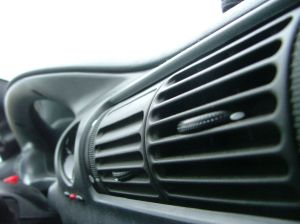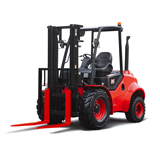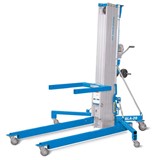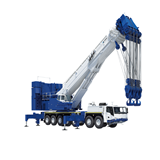The MuCell process, invented at MIT and then developed for commercial use by Trexel, involves the highly controlled use of a gas such as CO2 or nitrogen in the injection-moulding process, which creates a uniform microcellular material structure.
This is the first-time the MuCell process technology, which supports lightweighting and results in fuel savings, has been used in a vehicle's instrument panel.
Microscopic cells are helping to save weight, and ultimately fuel in future Ford vehicles, starting with the instrument panel of the all-new Escape. It is the first time the MuCell process has been used in an instrument panel and is the largest automotive component moulded using the process.
Invented by MIT, and subsequently acquired by Trexel in 1995, the MuCell process was initially created for development and commercial use in the injection moulding industry worldwide.
The MuCell process involves the highly controlled use of a gas such as CO2 or nitrogen in the injection-moulding process, which creates millions of micron-sized bubbles in uniform configurations, lowering the weight of the plastic part.
"Ford is focused on leveraging innovations in materials that save weight and boost fuel economy, helping our vehicles travel farther on less gas," Derrick Kuzak, Ford's group vice president of global product development, said.
"MuCell is a great example of this effort."
Creating the instrument panel structure in microcellular foam saves an estimated $3 US/vehicle versus solid injection moulding. Weight is also reduced by more than 1lb, moulding cycle time is reduced 15 per cent and moulding clamp tonnage is reduced 45 per cent.
"We are pleased that Ford recognises the immense potential MuCell holds for vehicle cost and weight savings," Steve Braig, president and CEO of Trexel, said.
“We're now working with Ford to apply the MuCell process in a strategic way for many more applications as they incorporate MuCell into their design guidelines."
MuCell first makes its debut in the instrument panel (IP) of the all-new Ford Escape, helping to reduce the weight of the IP by one pound.
Weight savings of a little more than one pound may seem insignificant, but plastic parts are an area where it is particularly challenging to save weight without sacrificing strength, durability or function.
This innovative microcellular foaming technology also saves petroleum as well as reducing overhead and energy costs by reducing the amount of time it takes to produce plastic parts.
The MuCell process has already been used successfully in Ford vehicles in Europe for valve covers, along with heating, ventilating and air conditioning (HVAC) systems.
The MuCell process is slated for use in the production of instrument panels, along with other applications, in future Ford vehicles beginning next year following its debut in the new Escape.







-160x160-state_article-rel-cat.png)



-160x160-state_article-rel-cat.png)




-160x160-state_article-rel-cat.png)





